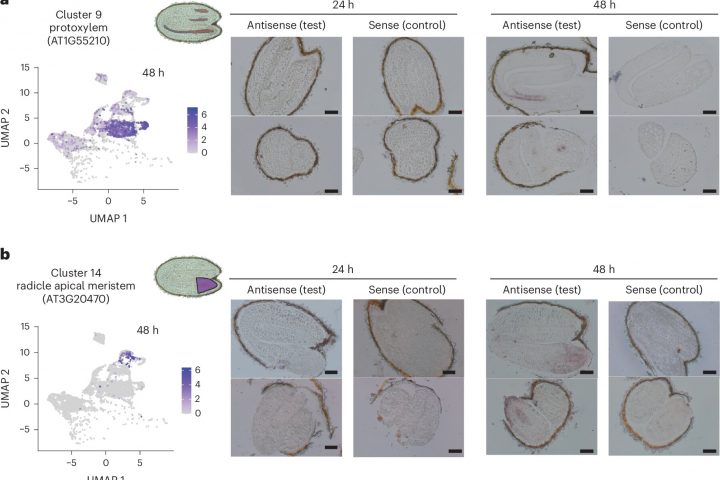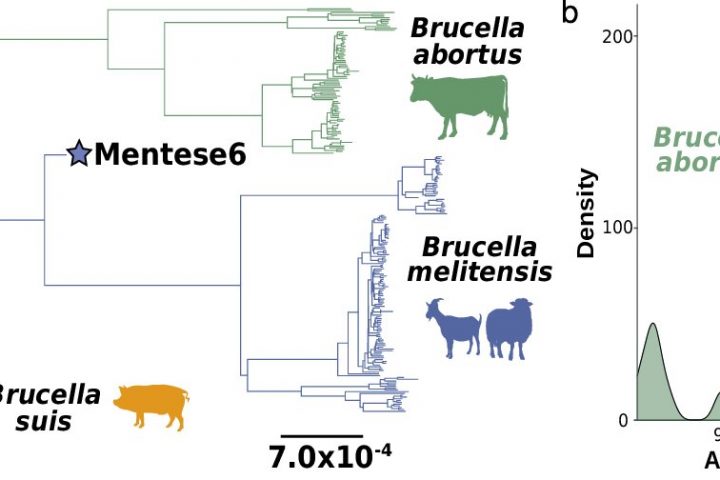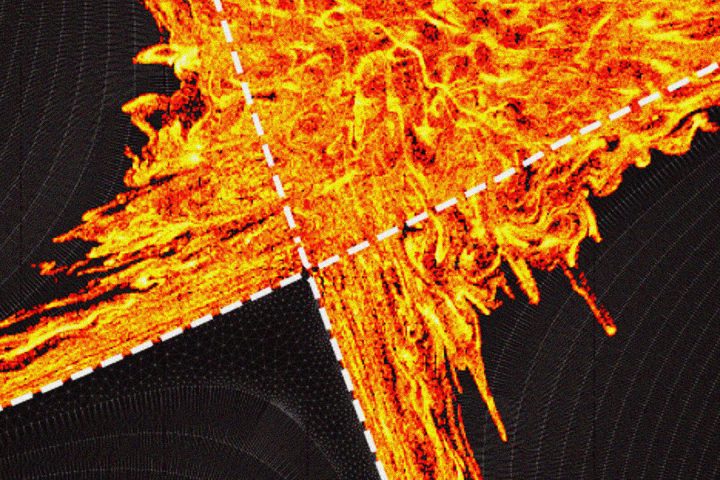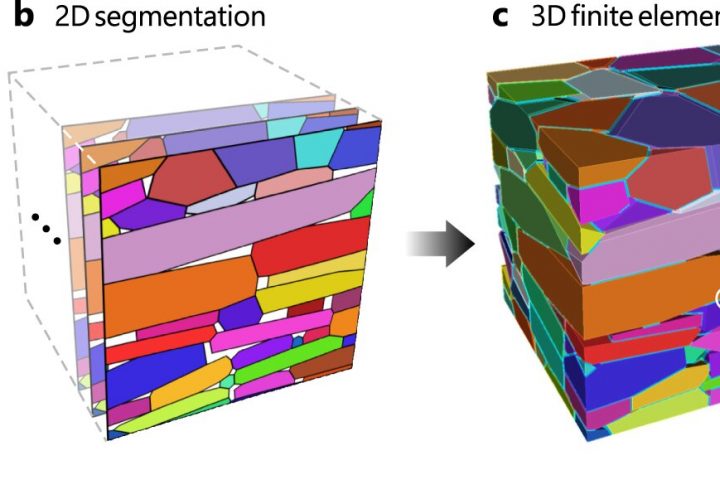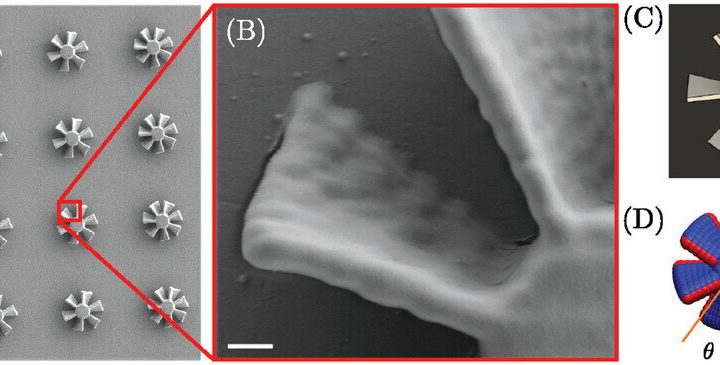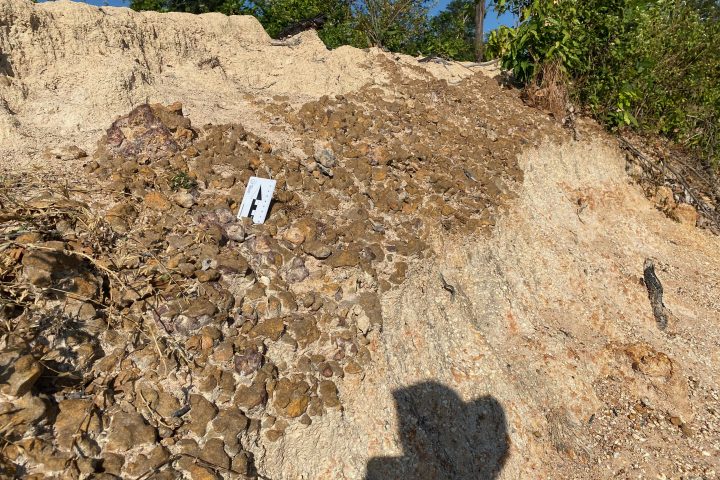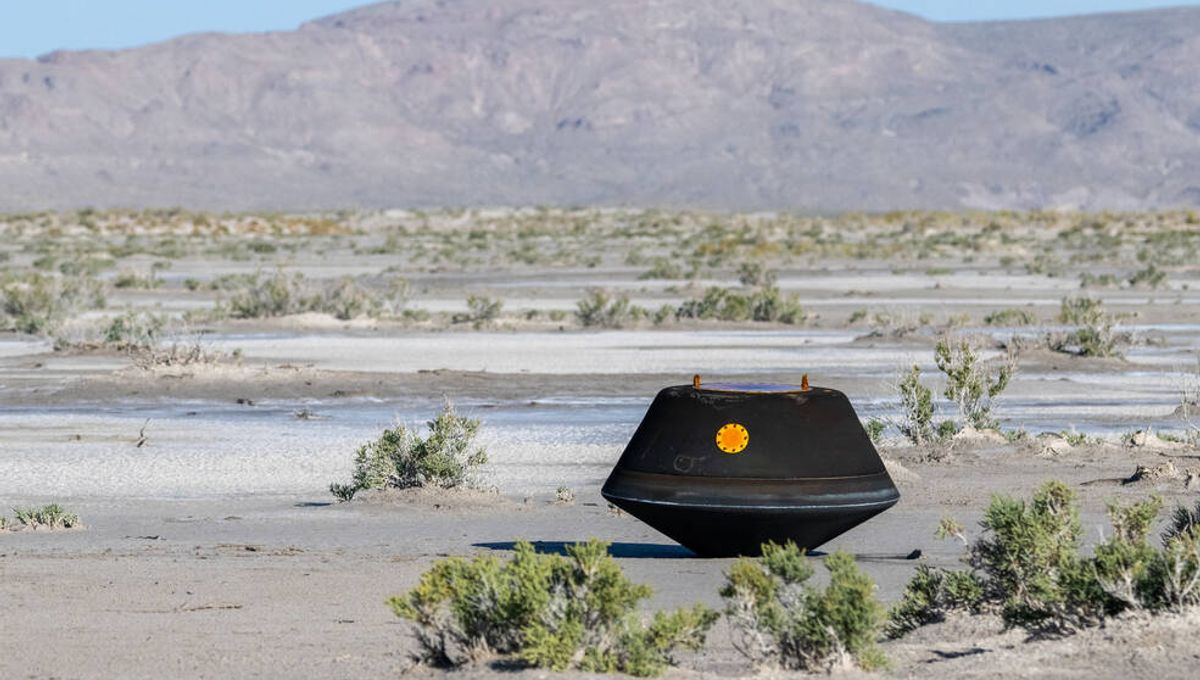Ocean acidification is a pressing issue that could have a profound impact on marine species, particularly fleshy seaweeds. These algae play a crucial role in promoting biodiversity along coastlines worldwide. To gain insight into the effects of acidification on seaweeds, a team of Swedish marine scientists conducted an experiment. They exposed a common fleshy seaweed species to acidification levels expected by the end of the century.
In their study, published in Current Biology, the scientists discovered that increased acidification had detrimental effects on the seaweed. It disrupted the seaweed’s chemical balance, weakened its structure and tissues, and ultimately reduced its chances of survival. The authors, based at the University of Gothenburg and the KTH Royal Institute of Technology, emphasized the unprecedented changes occurring in ecosystems due to climate change and the emission of greenhouse gases, including carbon dioxide. With nearly a third of CO2 being absorbed by the ocean, seaweeds are significantly impacted.
To simulate future acidification conditions, the team cultivated Fucus vesiculosus, a common brown fleshy algae, in water treated with dissolved CO2 for 90 days. They replicated the acidification levels projected for 2100, which are almost three times higher than current levels. Throughout the experiment, the scientists closely monitored the seaweed’s growth, structure, photosynthetic performance, chemical composition, and resistance to mechanical stress.
Comparing the acidified seaweed with those grown in non-acidified seawater, the team observed mixed results. While the acidified seaweed exhibited increased growth and improved photosynthesis, it also displayed weaker structure, less dense tissues, and lower levels of essential nutrients like calcium and magnesium. These changes made the seaweed more susceptible to damage and death. The researchers warned that such negative effects could lead to a decrease in seaweed coverage, impacting organisms that rely on these habitats for food and shelter.
The scientists stress the need for further research to determine if other fleshy seaweeds experience similar impacts from ocean acidification. If this proves to be a widespread issue, it could have significant consequences for rocky-shore ecosystems, as brown seaweeds are fundamental and widely distributed along one-third of the world’s coastlines.

